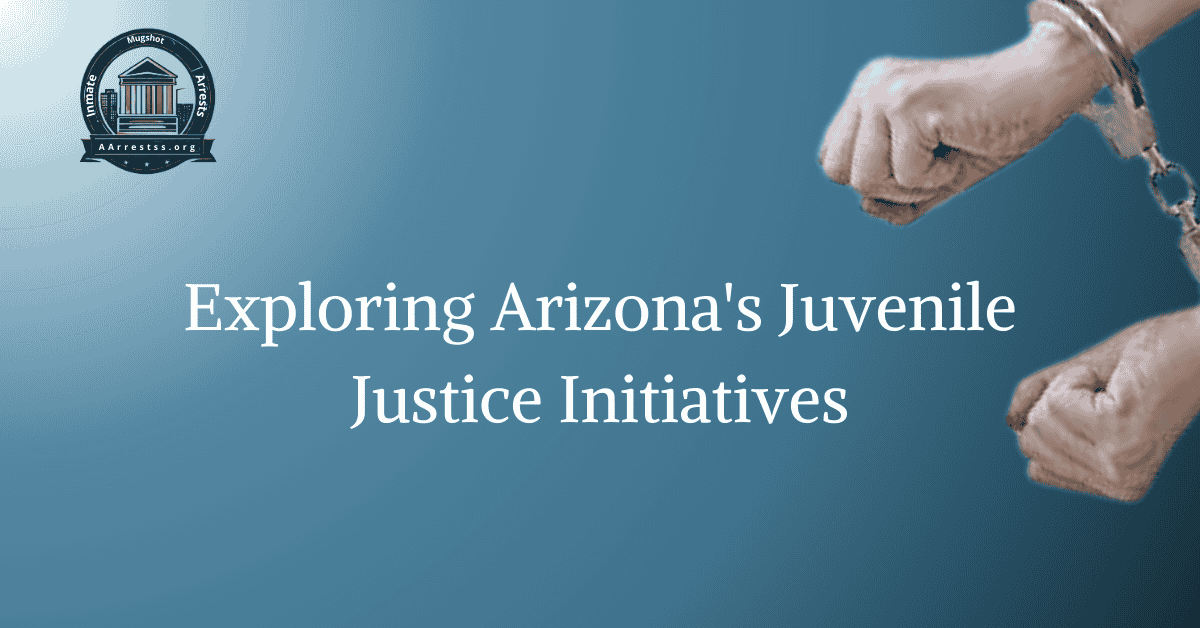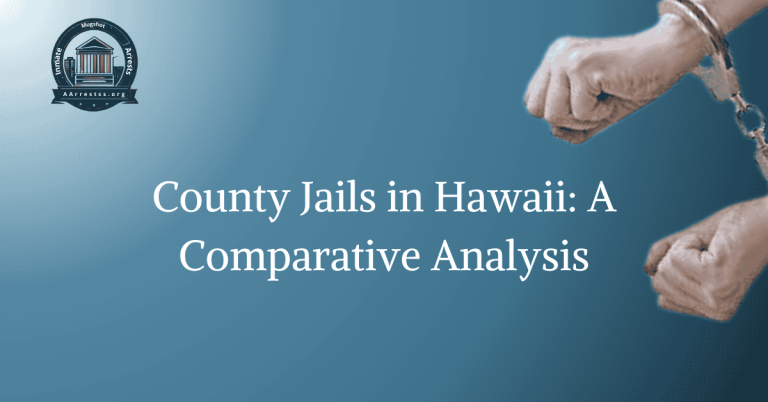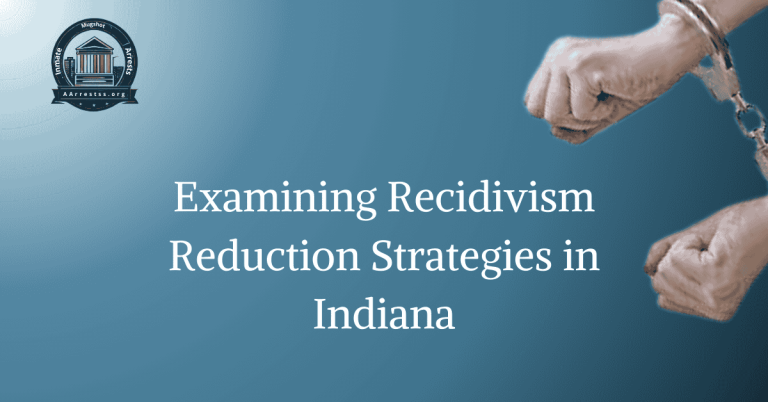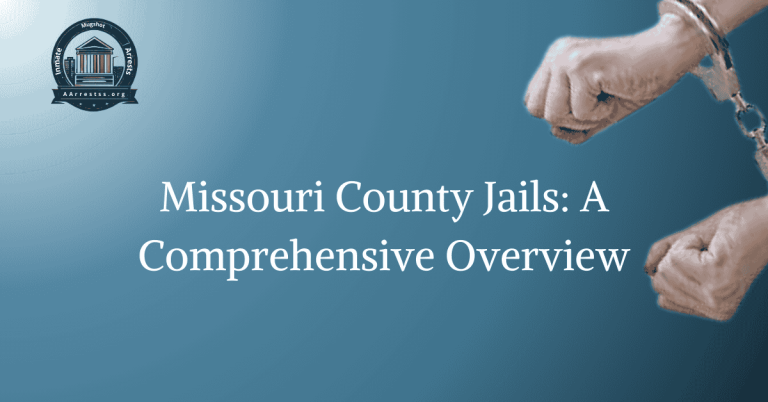Exploring Arizona’s Juvenile Justice Initiatives
One such initiative is the Juvenile Detention Alternatives Initiative (JDAI), which seeks to reduce the unnecessary use of secure detention for youth. By providing community-based alternatives and comprehensive support services, JDAI aims to keep young offenders connected to their families and communities while still holding them accountable for their actions.
Arizona’s Commitment to Juvenile Justice Reform
Arizona has made significant strides in recent years to reform its juvenile justice system and improve outcomes for young offenders. With a focus on rehabilitation and prevention, the state has implemented various initiatives aimed at reducing recidivism and providing better opportunities for youth involved in the justice system.
The Juvenile Detention Alternatives Initiative (JDAI)
One of the key initiatives implemented by Arizona is the Juvenile Detention Alternatives Initiative (JDAI). This program aims to reduce the unnecessary use of secure detention for youth by providing community-based alternatives and comprehensive support services. By keeping young offenders connected to their families and communities, JDAI ensures that accountability for their actions is maintained while also promoting positive change.
Community-Based Alternatives
Arizona recognizes the importance of keeping young offenders in their communities whenever possible. Through community-based alternatives, such as probation, counseling, and restorative justice programs, the state aims to address the underlying issues that contribute to delinquency. By providing tailored support and interventions, these alternatives offer a more effective and holistic approach to rehabilitation.
Comprehensive Support Services
In addition to community-based alternatives, Arizona also emphasizes the importance of comprehensive support services for young offenders. These services may include mental health counseling, substance abuse treatment, education and vocational training, and family support programs. By addressing the diverse needs of youth involved in the justice system, Arizona aims to break the cycle of delinquency and promote long-term success.
Preventing Youth from Entering the Justice System
Recognizing that prevention is key to reducing juvenile delinquency, Arizona has implemented initiatives aimed at diverting youth from entering the justice system in the first place. These initiatives focus on early intervention, community outreach, and education. By providing at-risk youth with the necessary resources and support, Arizona aims to prevent them from engaging in delinquent behavior and becoming involved in the justice system.
Collaboration and Partnership
Arizona understands that effective juvenile justice reform requires collaboration and partnership among various stakeholders. This includes collaboration between law enforcement, courts, probation departments, community organizations, and families. By working together, these stakeholders can share resources, expertise, and best practices to ensure that young offenders receive the support and opportunities they need to thrive.
FAQs
What are Arizona’s juvenile justice initiatives?
Arizona’s juvenile justice initiatives refer to a series of programs and policies aimed at addressing the needs of young offenders and providing rehabilitation opportunities. These initiatives focus on diverting juveniles from the criminal justice system, promoting community-based alternatives, and offering educational and therapeutic interventions.
How do Arizona’s juvenile justice initiatives work?
Arizona’s juvenile justice initiatives work by implementing evidence-based practices that prioritize the well-being and rehabilitation of young offenders. This involves providing comprehensive assessments, individualized case management, counseling services, educational support, and vocational training to help juveniles reintegrate into society successfully.
What is the goal of Arizona’s juvenile justice initiatives?
The goal of Arizona’s juvenile justice initiatives is to reduce recidivism rates among young offenders and promote long-term positive outcomes. By focusing on prevention, intervention, and rehabilitation, these initiatives aim to address the underlying causes of delinquency, provide necessary support and resources, and empower juveniles to make positive life choices.
Who is eligible for Arizona’s juvenile justice initiatives?
Arizona’s juvenile justice initiatives are available to young individuals who have come into contact with the juvenile justice system. Eligibility criteria may vary depending on the specific program or initiative, but generally, juveniles who have committed non-violent offenses or who demonstrate a willingness to change and participate in rehabilitative services are considered for these initiatives.
What services are offered under Arizona’s juvenile justice initiatives?
Arizona’s juvenile justice initiatives offer a range of services tailored to the individual needs of young offenders. These services may include counseling, substance abuse treatment, mental health support, educational programs, vocational training, life skills development, and community-based support systems to ensure a well-rounded approach to rehabilitation.
What are the outcomes of Arizona’s juvenile justice initiatives?
Arizona’s juvenile justice initiatives have shown positive outcomes in terms of reducing recidivism rates, improving educational attainment, and promoting successful reintegration into society. By focusing on rehabilitation rather than punishment, these initiatives aim to break the cycle of delinquency and create a brighter future for Arizona’s youth.








